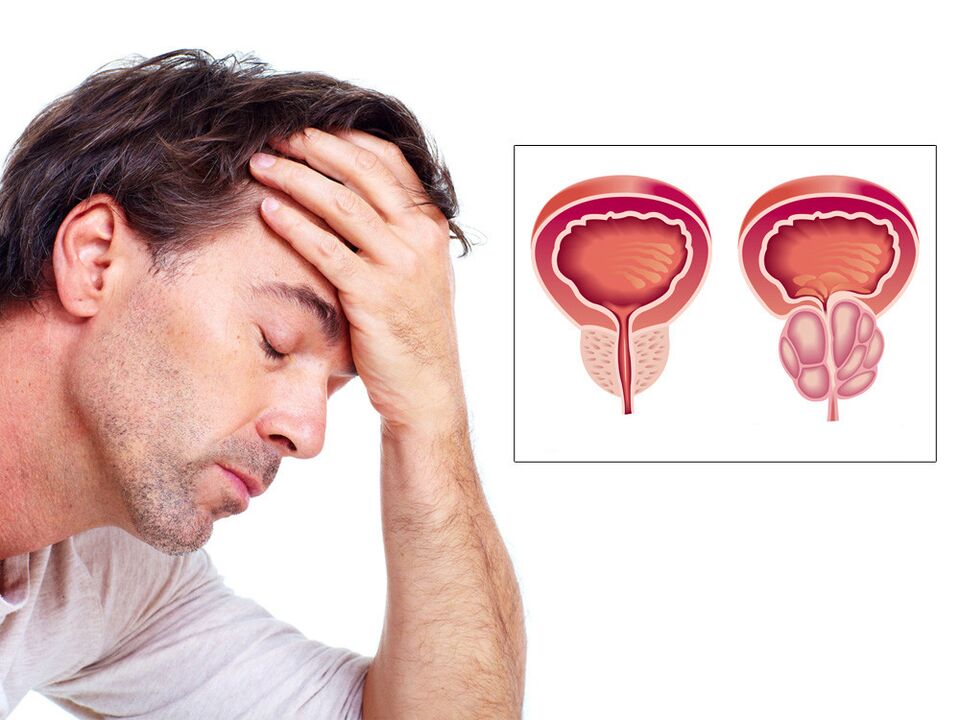
The pain is sometimes strong and sometimes weak
- Discomfort or pain in the perineum, lower abdomen, groin, scrotum, or penis;
- Changes in urination: difficulty urinating, frequent bladder emptying, feeling of incomplete emptying;
- Some men experience difficulty in erection, discomfort during ejaculation, and increased pain after intercourse. This discomfort may reduce a man's ability to become or remain sexually aroused.






























